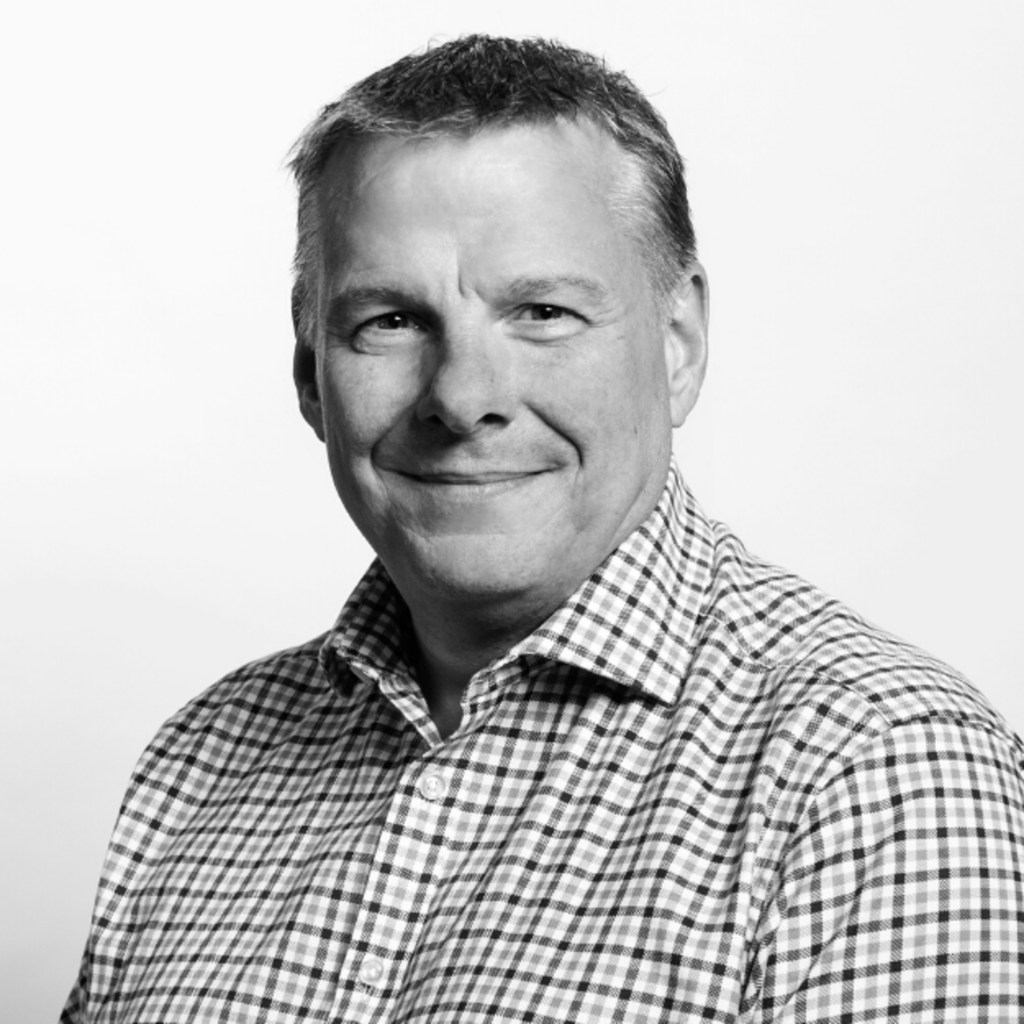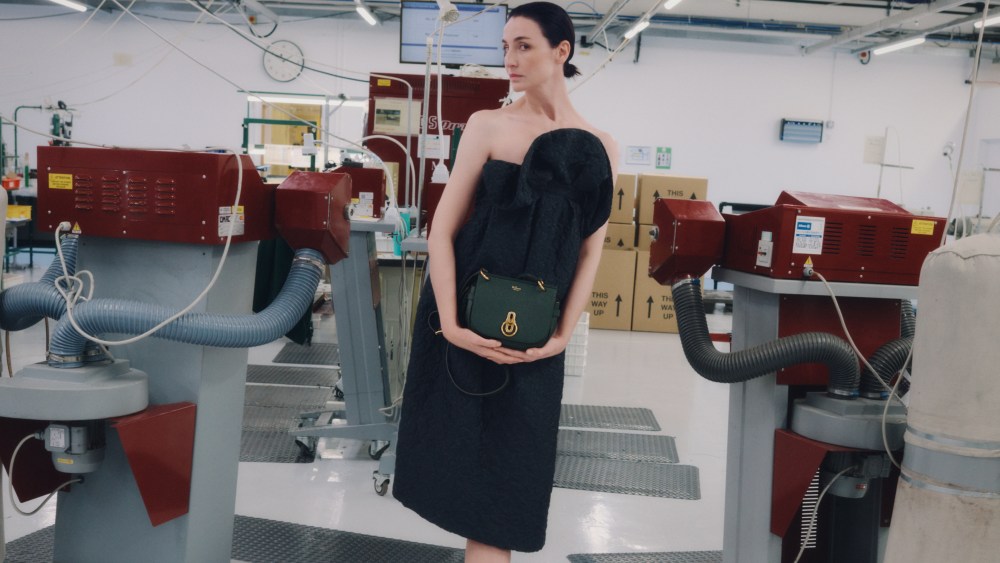PARIS – The Sustainable Apparel Coalition is undergoing a name change, rebranding as Cascale effective Monday.
It’s a fresh start for the non-profit behind the Higg Index, meant to signify “cascading action at scale,” said organization vice president Andrew Martin.
The move comes after the 2022 controversy which saw the group “pause” the use of its Higg Materials Sustainability Index, a consumer-facing impact product labelling rating that was widely used by brands, after being hit with greenwashing claims.
This was followed by the departure of chief executive officer Amina Razvi in December. A search for her replacement is still underway.
“I want to reassure people very strongly that we are not rebranding to [hide] there was a bit of controversy about the SAC and the Higg Index. No, the Higg Index will remain core and central,” Martin told WWD.
“The rebrand has nothing to do with the controversy because we are doubling down on the Higg Index. We believe it is a good suite of tools. It’s well established, it’s well used, it’s been developed by the industry. We’ve had a lot of challenges and questions, and I think some of the things we did need to reflect on and review, and that’s part of what we’ve done in the last couple of years,” he added.
SAC has been working on restoring confidence in the index, and it underwent an independent review from consulting firm KPMG, which concluded that the index should not be used on its own, among other findings. Martin said the Higg suite of tools will continue to “evolve” based on the recommendations, including linking factory data to life cycle assessments for more granular scope, and it will reevaluate how to account for the plastic pollution caused by microfibers.
More reform is on the way for its suite of tools: next up is a third-party review of the Higg brand and retail module to be conducted later this year, and the Higg facility environmental module, which will undergo a third-party review in 2025.
The Higg Index itself will not rebrand. The software company behind it, formerly the Higg Co., was rebranded as Worldly last May.
The new Cascale will take on a more activist role, and expand its focus from creating the scoring tools to “actually working on programs that drive impact.”
“Collective action at scale for us, it’s about building on the data and insights, bringing together the different parts of the value chain to focus on where do we need to make the interventions to drive the changes,” said Martin.
Three core pillars are fighting climate change, creating decent work conditions and supporting nature. In concrete terms, that means pushing for members to achieve a 45 percent reduction in their GHG emissions by 2030 under its decarbonization program, for example. It’s also working with partners on finding the financing to underwrite these moves for manufacturers, such as phasing out coal plants and moving to renewable energy.
Advocating for decent work standards will include launching a program to measure responsible manufacturing performance across the industry, as well as responsible purchasing practices on the brand and retail side.
In the last two years, the organization has grown and nearly doubled headcount, and will continue to expand into new product categories including furnishings, sporting and outdoor goods. Outside of bringing in the new CEO, there are no planned changes to the organization’s structure.
The group has shifted away from San Francisco, where it was founded by Patagonia in 2009, and has its largest offices in Amsterdam and Hong Kong, with smaller hubs in London, Barcelona and Bangalore, India. It is expanding “significantly” in Asia.
“If we’re going to shift really to driving impact, a lot of that work is going to need a lot of collaboration in sourcing countries,” he said.
One of the biggest challenges facing the industry is the lack of harmonious regulations, and the fragmentation in the industry makes it hard to create structural change, said Martin.
“The changes that need to happen for an individual brand to actually impact something in one facility in one country – it’s such a big challenge to make a huge difference,” said Martin. “Working collectively together, and utilizing somebody like Cascale and our role to bring collective action from different brands and retailers together…we can consolidate and aggregate and start to look at collective action. “
The group will emphasize that regulatory moves in the U.S. and Europe require change outside of their borders. “Yes, it impacts brands and retailers, but a lot of the actual implementation of that is going to fall on down through the supply chain.”
Its first event under the Cascale banner will be a meeting in Bangladesh in March to engage manufacturers.



